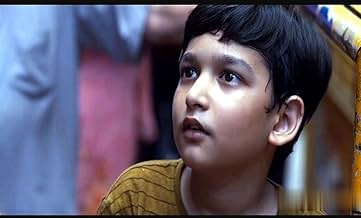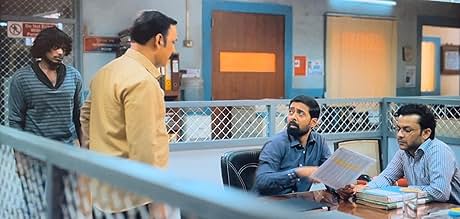Portraying real-life tragedies like the Burari mass murder case for entertainment purposes requires a delicate and thoughtful approach. Unfortunately, adaptations such as the web series "Akhri Sach" often fail to uphold this responsibility. The concern isn't merely about the act of adaptation itself, but the manner in which it is executed.
Tragic events like the Burari case involve the loss of real lives, the pain of surviving family members, and the ripple effect on the community. Such adaptations risk oversimplifying complex situations and reducing them to mere entertainment. This can be deeply distressing for those affected, as it undermines the gravity of their experiences.
While entertainment can serve as a medium to explore human experiences, it's crucial to recognize the line between respectful storytelling and sensationalism. The creators of such adaptations should consider the impact of their work on the memory of the victims and the emotional well-being of the families involved.
Rather than exploiting the shock value of real tragedies, responsible storytelling should aim to shed light on the human aspects of these events. The focus should be on understanding the motivations, circumstances, and the broader context that led to such incidents. This requires thorough research, empathy, and a commitment to honoring the truth.
In summary, the adaptation of real-life tragedies for entertainment purposes, like "Akhri Sach," can come across as inconsiderate and disrespectful. It's a reminder that creators have a responsibility to handle such topics with care, sensitivity, and a deep understanding of the impact on those affected. The goal should be to raise awareness, foster empathy, and encourage meaningful discussions, rather than sensationalize or trivialize profound human experiences.




























